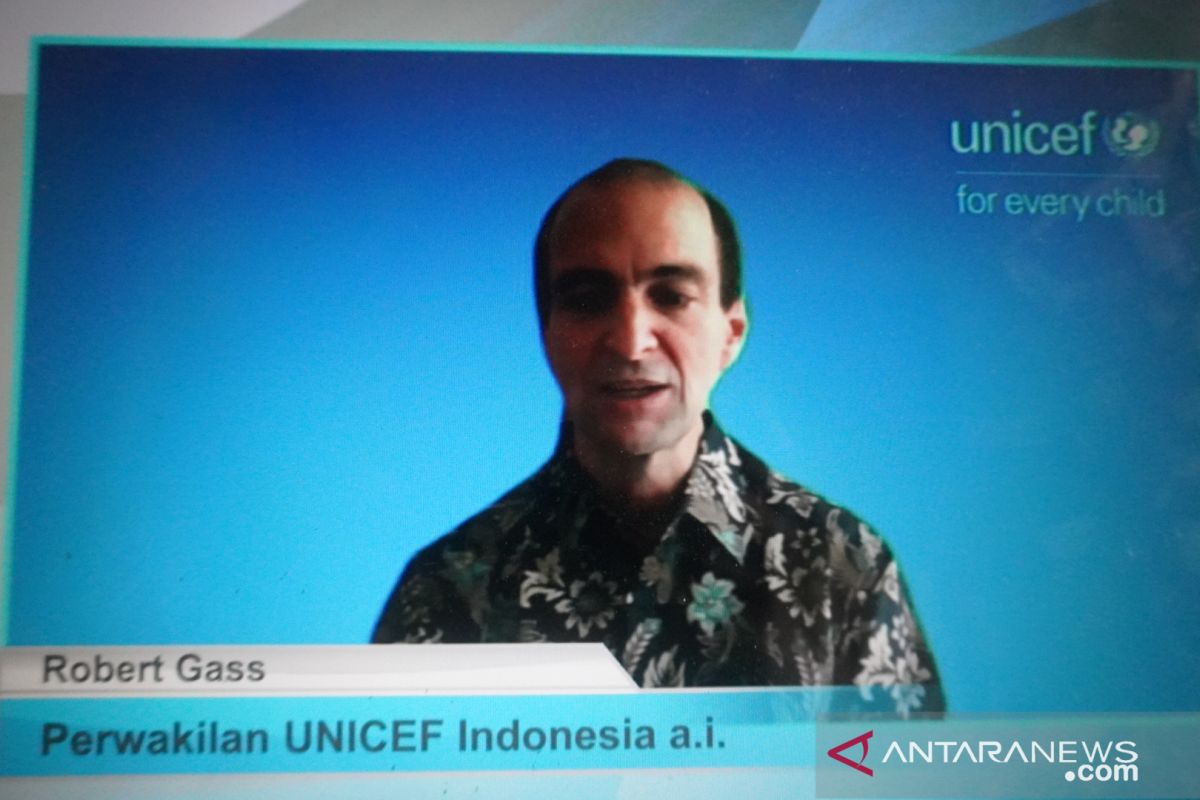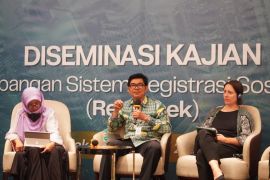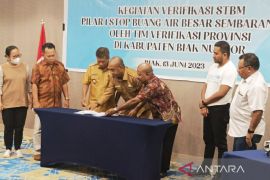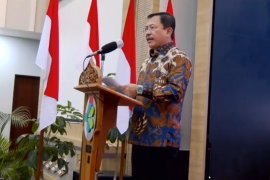The survey conducted by the United Nations International Children’s Emergency Fund (UNICEF), United Nations Development Program (UNDP), PROSPERA, and The SMERU Research Unit involved 2,400 households in 34 provinces across Indonesia during three periods: December 7-19, 2020; December 21, 2020, until January 6, 2021; and January 8-21, 2021.
The survey revealed that during the three periods, depression and unhappiness among households, including children, rose by 40 percent, triggered by job loss (58.4 percent), employing all coping strategies (68.12 percent), and children learning from home (57.7 percent).
Deputy Representative at UNICEF Indonesia Robert Gass, in his speech at IVR Report UNICEF: The Socio-Economic Impacts of COVID-19 Pandemic on Households in Indonesia held online here on Wednesday, noted that children were inseparable from the pandemic recovery plan.
“Recovered from the pandemic has become our goals, but the children are inseparable from the plan,” he emphasized.
Each country should fulfill children’s rights in realizing development.
“It is impossible for a country to effectively realize its development vision without protecting and involving them,” he added.
Moreover, the children should gain access to health services, especially to get vaccinated amid the pandemic.
Related news: Accepting new normal key for protecting mental health: expert
The survey also found that one in two households with children were forced to eat smaller portions, and the families were unable to provide nutritious food.
Some 45.3 percent of the households faced these two problems during the first period of survey, and the figure increased to 46.5 percent during the second period and declined to 44.3 percent during the third period.
In addition, nine in 10 households reported learning difficulties due to unsupported Internet network. The proportions of households citing limited Internet access to learning constraint comprising 57 percent in non-Java urban, 61.9 percent in non-rural Java, 51.9 percent in Java urban, and 58.2 percent in rural Java.
To this end, Gass expressed hope that the survey result would serve as a reference for the government to formulate policies in a bid to mitigate the socio-economic impacts of the COVID-19 pandemic.
“We are making efforts to ensure that all people, including children, can get the access to education and health. UNICEF is committed to working hand-in-hand with the Indonesian government,” he remarked.
Related news: Creative ways to stay sane: quarantine stories
Reporter: Juwita Trisna Rahayu
Editor: Rahmad Nasution
Copyright © ANTARA 2021












